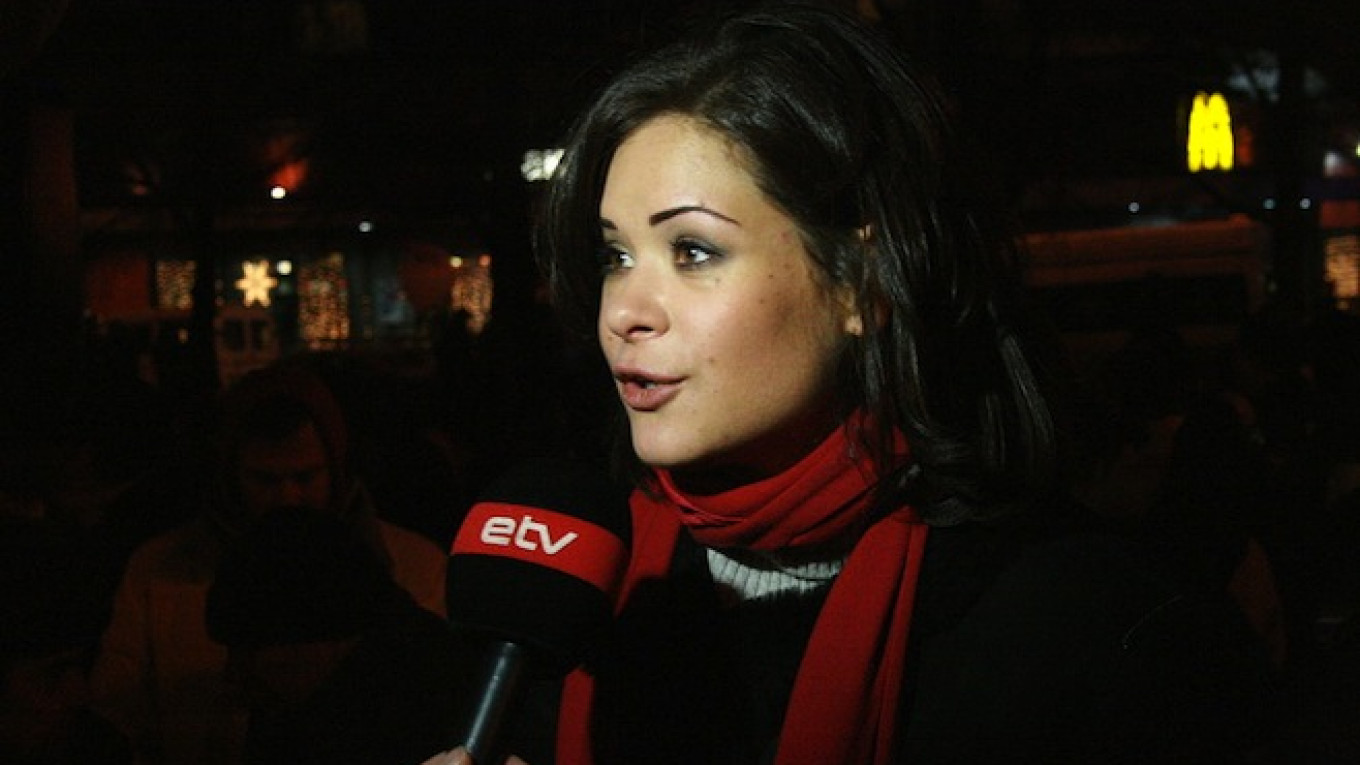A Russian senator has filed a request with the Investigative Committee asking that they examine recent statements by Maria Gaidar — a prominent Russian activist and new deputy governor of Ukraine's Odessa region — concerning the annexation of Crimea for signs of extremism and separatism, official government daily Rossiiskaya Gazeta reported Wednesday.
Mikhail Marchenko, a senator in the Federation Council for the Bryansk region, claimed that upon being appointed, Gaidar made statements about Crimea being annexed by Russia and the Russian regime being “authoritarian” and “killing people both in Russia and Ukraine.”
Gaidar accepted an offer last month to become the new deputy governor of Odessa and works in the gubernatorial administration of Mikheil Saakashvili — a former president of Georgia and outspoken critic of Russian President Vladimir Putin — who was in late May appointed governor of the Odessa region by Ukrainian President Petro Poroshenko.
Marchenko suggested that Gaidar should give up her Russian citizenship and identify herself as a Ukrainian, the report said.
A Message from The Moscow Times:
Dear readers,
We are facing unprecedented challenges. Russia's Prosecutor General's Office has designated The Moscow Times as an "undesirable" organization, criminalizing our work and putting our staff at risk of prosecution. This follows our earlier unjust labeling as a "foreign agent."
These actions are direct attempts to silence independent journalism in Russia. The authorities claim our work "discredits the decisions of the Russian leadership." We see things differently: we strive to provide accurate, unbiased reporting on Russia.
We, the journalists of The Moscow Times, refuse to be silenced. But to continue our work, we need your help.
Your support, no matter how small, makes a world of difference. If you can, please support us monthly starting from just $2. It's quick to set up, and every contribution makes a significant impact.
By supporting The Moscow Times, you're defending open, independent journalism in the face of repression. Thank you for standing with us.
Remind me later.


